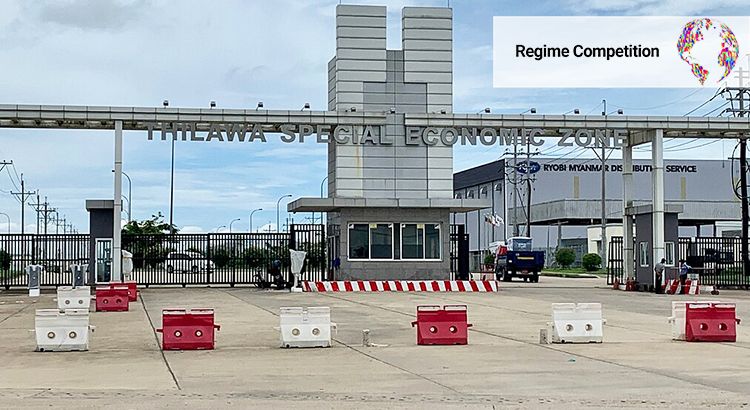Do regime differences shape developmental engagement? How China and Japan compete in post-coup Myanmar
The 2021 military coup in Myanmar has left the country significantly isolated on the world stage. Politically, foreign governments have avoided recognizing the junta rulers, although quasi-official engagement is still underway. Economically, foreign investments into Myanmar have dropped by 42% from 2021 to 2022, off levels that had already massively decreased since the 2017 Rohingya expulsion. However, despite the international outcry over the new regime’s open warfare against civilians and the escalating violence in Myanmar’s multi-front civil war, both China and Japan have remained engaged in development cooperation, pursuing ambitious projects for economic corridors and special economic zones (SEZs) that were contracted under the deposed civilian government; in the case of China, even some new projects have been launched.
